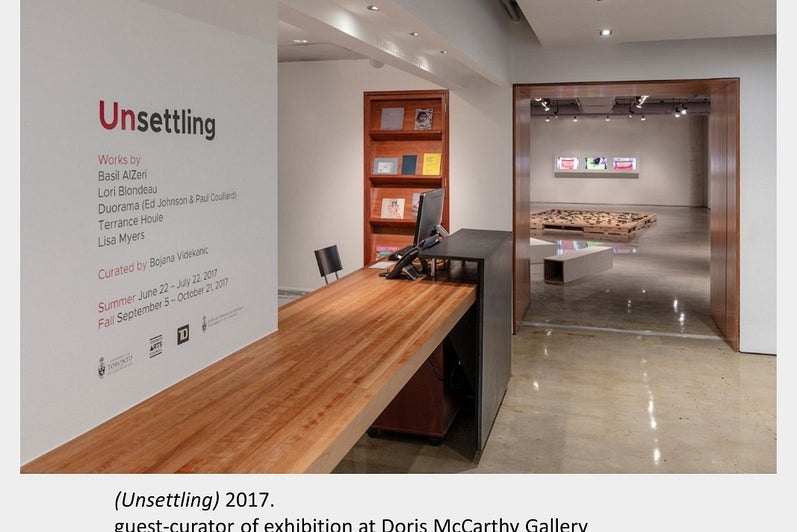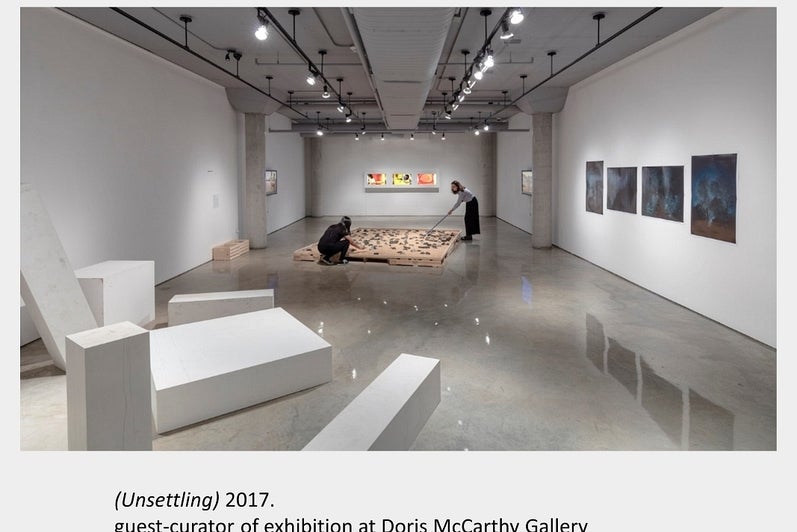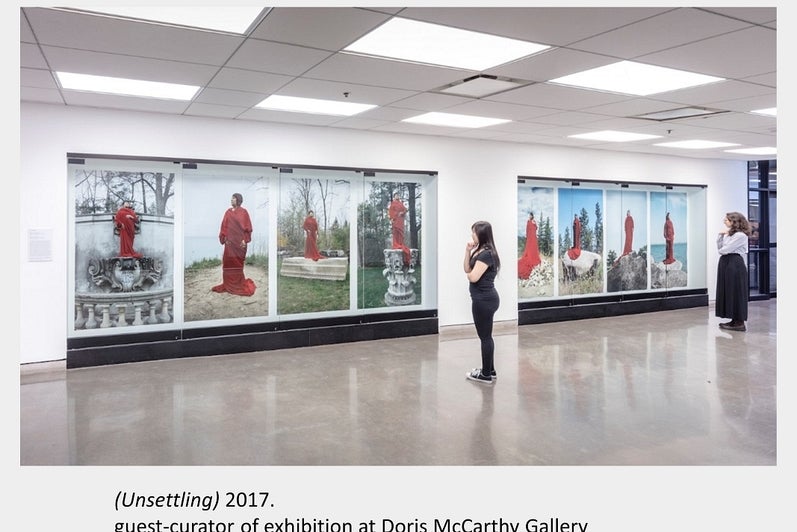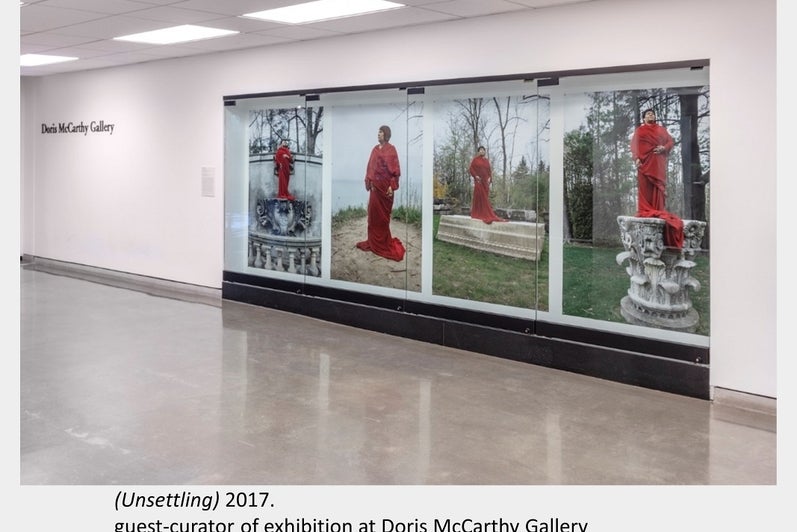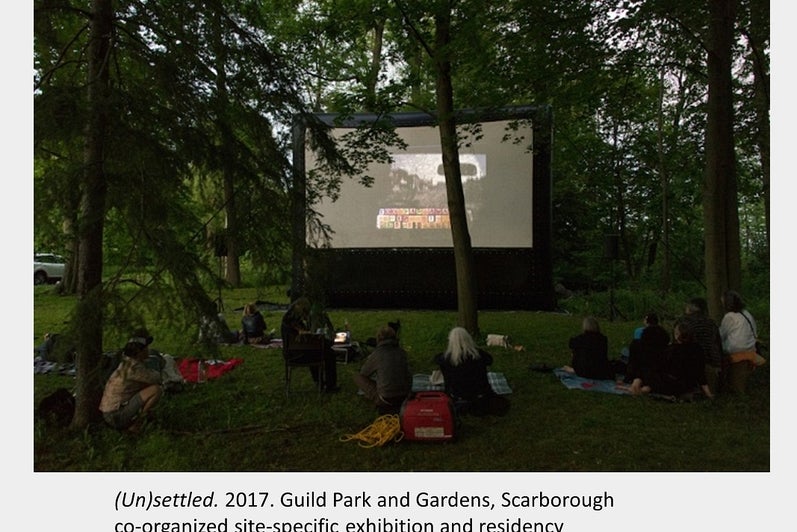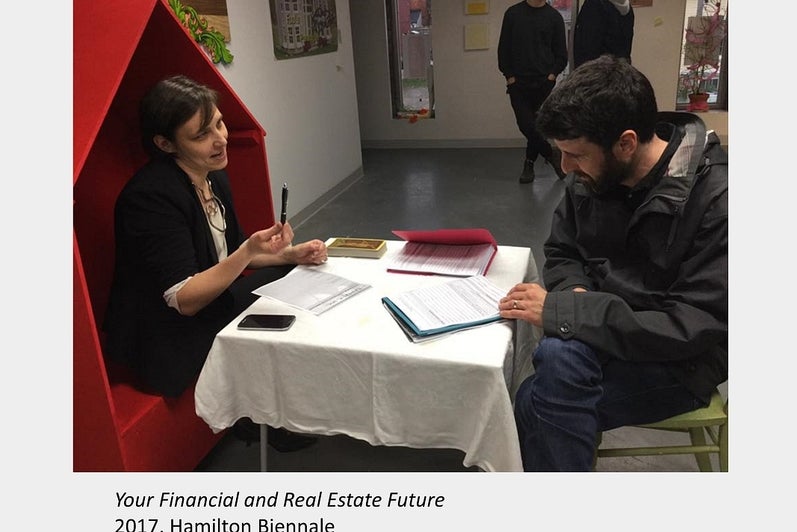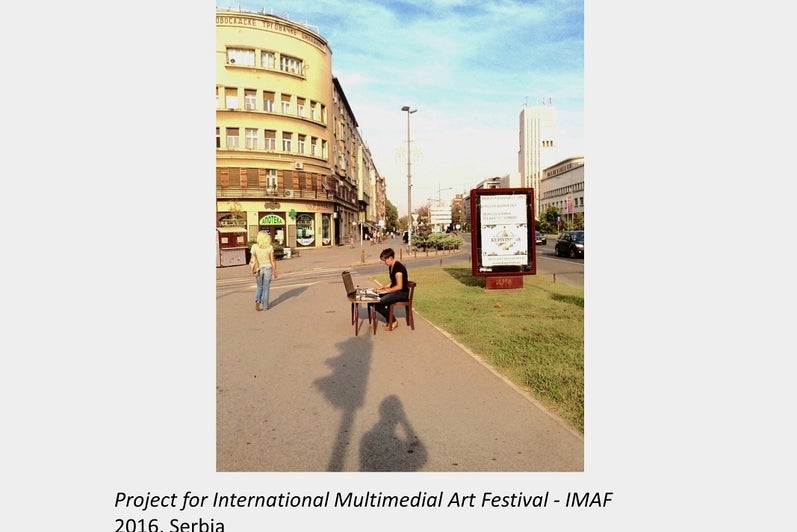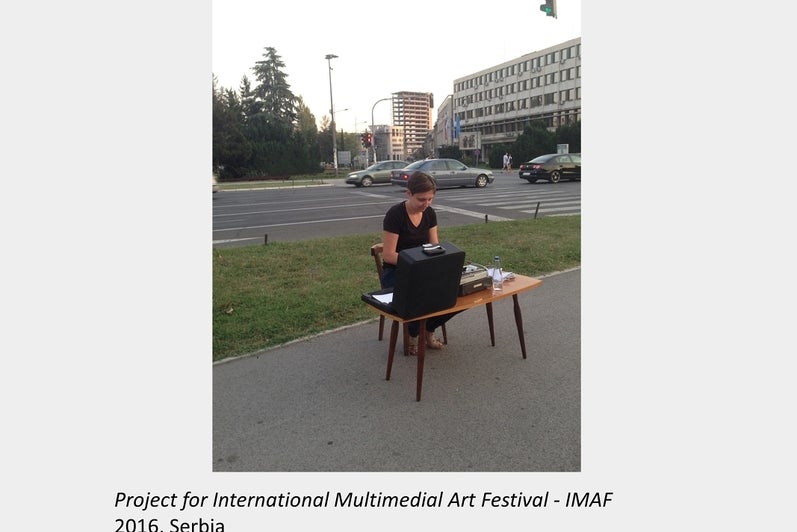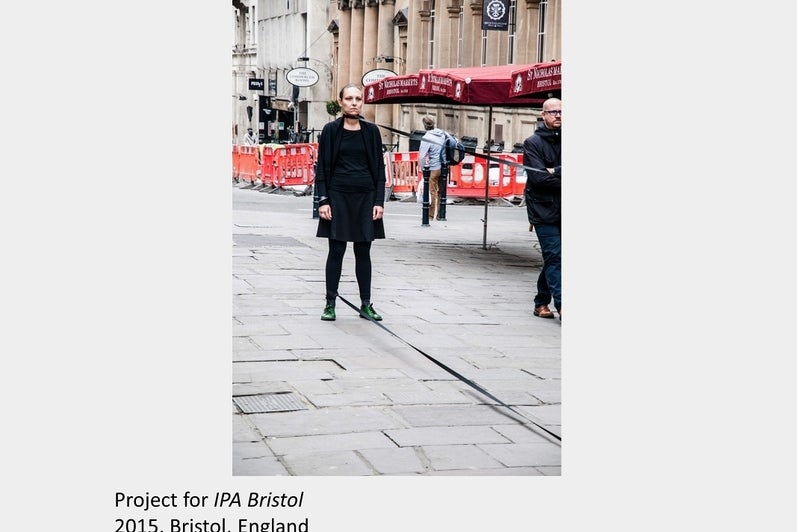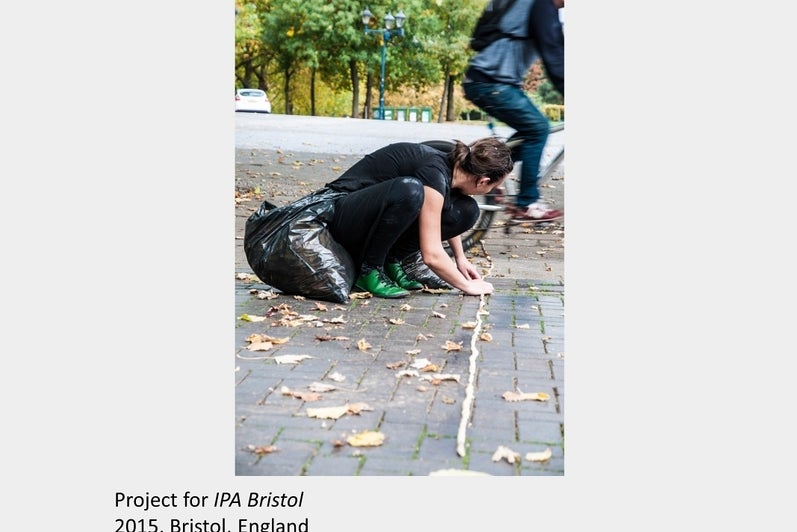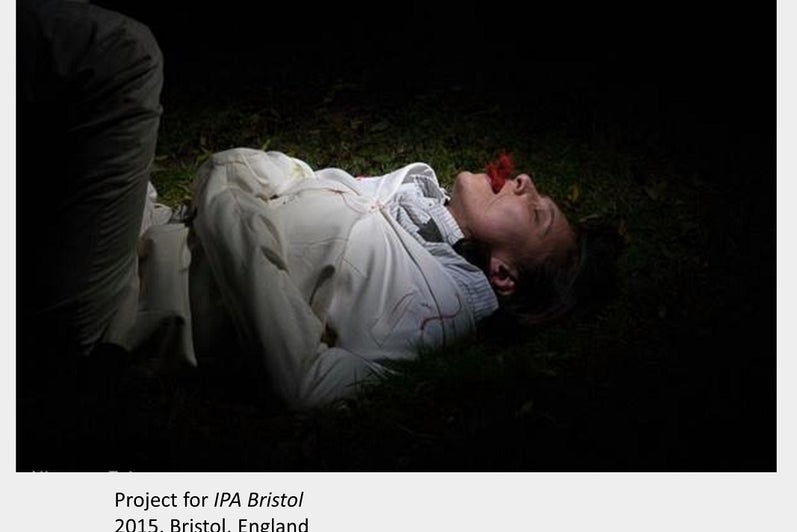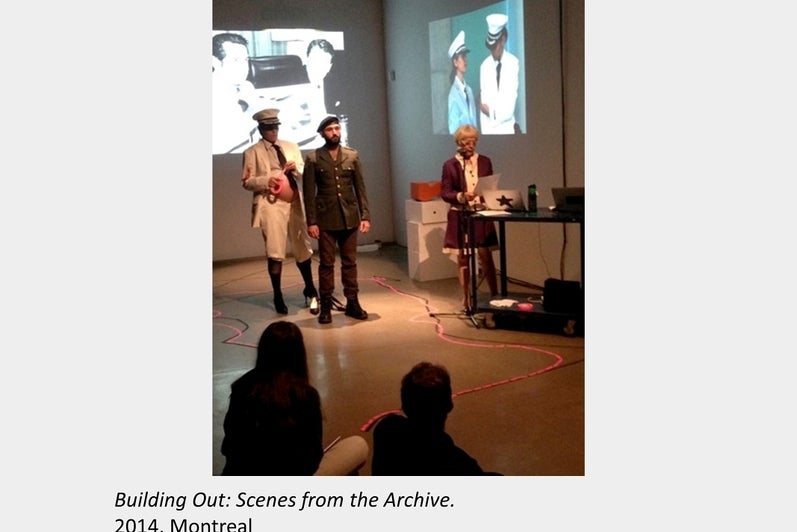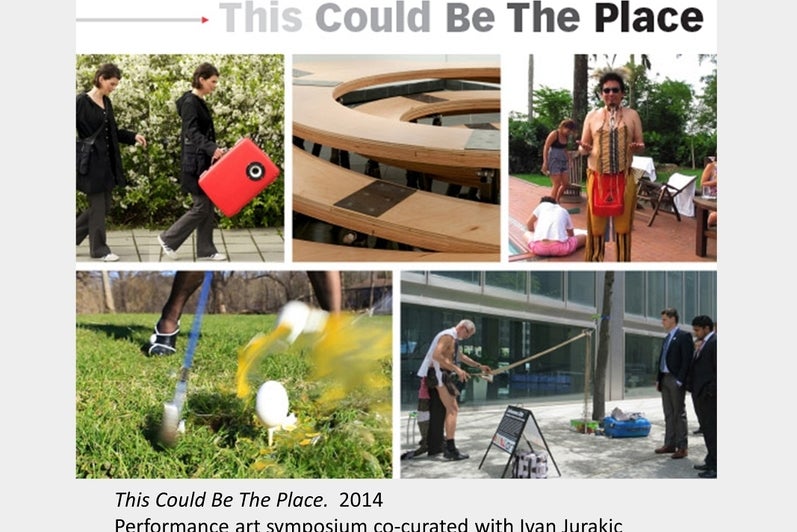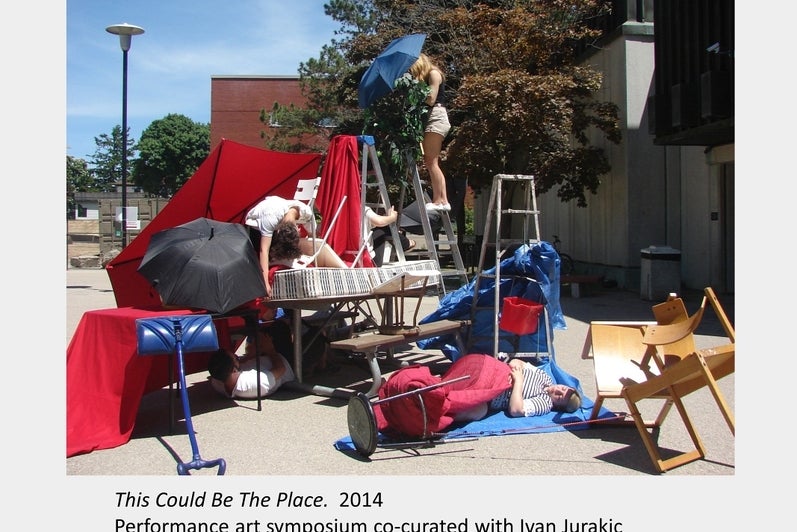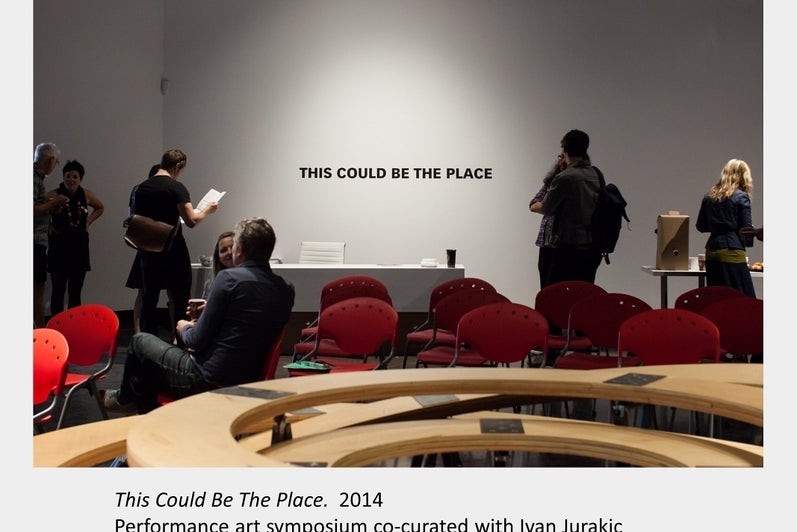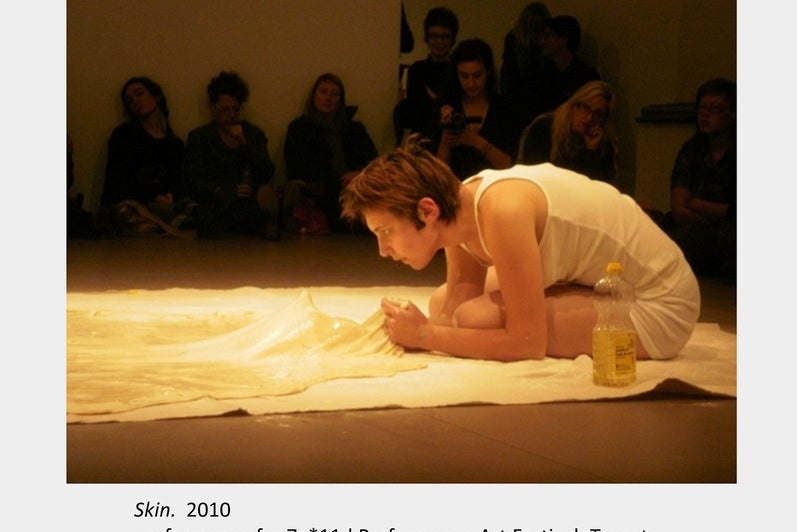
Office: ECH 1215
Department of Fine Arts
University of Waterloo
200 University Avenue West
Waterloo, Ontario, Canada N2L 3G1
Tel.: 519.888.4567, ext. 42614
Email: bojana.videkanic@uwaterloo.ca
Bojana Videkanić is an art historian and an artist born in Bosnia and Herzegovina (former Yugoslavia/Balkans) now residing in Canada. Her academic research focuses on the artistic and intellectual history of Yugoslavia in the 20th century, its roots in histories of socialism, Yugoslavia’s foundational role in organizing the Non-Aligned Movement, international socialist cultural exchange, and anti-imperialist movements across the Second and Third Worlds. Her first book entitled “Nonaligned Modernities: Yugoslav Art and Culture 1945-1990” was published in 2020 by McGill-Queens University Press. Videkanic is a recipient of SSHRC: Insight Development Grant for her curatorial research project “Scarborough Guild of the Arts,” a SSHRC: Connection Grant for the symposium and exhibition “This Could be the Place” co-curated with Ivan Jurakic, as well as a Canada Council artist travel grant, and visual arts project grants. Videkanic’s current research focuses on Naïve and amateur art under socialism, and its links to the Non-Aligned movement, international socialist countries and political engagement. Her performance art practice mines personal experiences of displacement, movement, and identity as these intersect with larger political, social and cultural questions. Videkanić is an associate professor in fine arts at the University of Waterloo, and a board member of the 7a*11d International Performance Art Festival Toronto. Videkanic has exhibited at festivals such as Nuit Blanche Toronto, 7a*11d International Performance Art Festival Toronto, MS:T International Festival from Calgary, Hemispherica, Montreal, IPA (International Performance Art) Platform and Workshop, Bristol, IMAF Serbia, Toronto Free Gallery etc. Currently she is working on a project involving ideas of the body in transition from socialism to post-socialism in the Balkans.
View the curriculum vitae (PDF).
